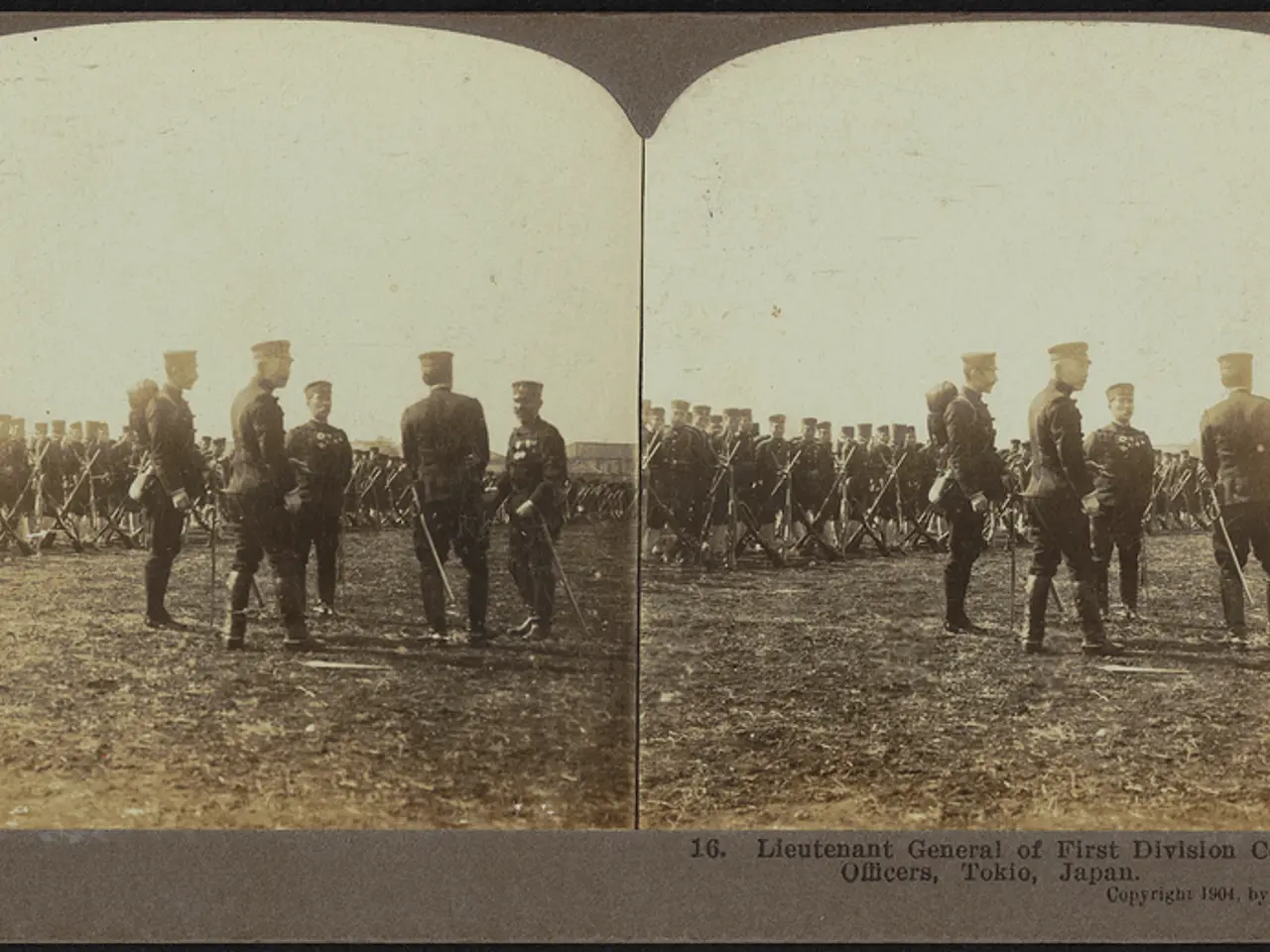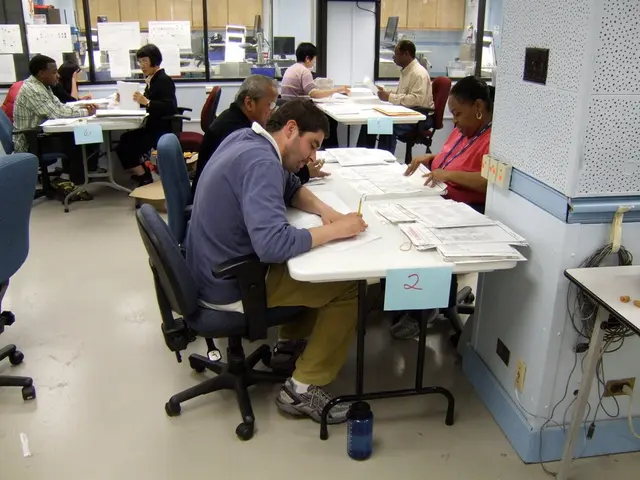Military Introduces Online Platform to Identify Tech Workers Aligned with Military Strength
The U.S. Army Reserve has taken a significant step in its quest to fortify its defences against rapidly evolving threats, with the launch of the Detachment 201 recruitment page marking the start of public outreach for the program.
Known as the Executive Innovation Corps, Detachment 201 is an Army Reserve initiative designed to bridge the gap between the commercial and military sectors. The program aims to leverage the expertise of tech leaders to accelerate innovation within the Army.
The first group of executives commissioned into Detachment 201 includes prominent figures such as Shyam Sankar (CTO of Palantir), Andrew Bosworth (CTO of Meta), Kevin Weil (CPO of OpenAI), and Bob McGrew (advisor at Thinking Machines Lab).
The primary purpose of Detachment 201 is to fuse cutting-edge technology expertise with military innovation. By integrating private-sector know-how into the Army, the initiative seeks to enhance the military's ability to adopt and implement advanced technologies rapidly. Detachment 201 officers will work on targeted projects to guide rapid and scalable tech solutions to complex problems, contributing to efforts like the Army Transformation Initiative.
Detachment 201 is intended to build trust between active-duty units and private-sector leaders, offering a unique pathway for technologists to serve as commissioned officers. The program is specifically targeting senior technologists from the private sector.
Meta Chief Technology Officer Andrew Bosworth has accepted a direct commission as a Lieutenant Colonel in the U.S. Army Reserve as part of Detachment 201. Bosworth stated that Detachment 201 will serve as technical experts advising the Army's modernization efforts.
The recruitment page has received about 150 resumes so far, indicating a strong interest in the program. The ties between Big Tech and the military have grown tighter in recent years, with venture capitalists seeing potential dollars in defense contracts for tech firms. This trend is further evident in the increasing number of tech executives leaving Silicon Valley for roles in the Pentagon.
The second Trump administration allowed tech firms like Palmer Luckey's Anduril to land huge defense contracts after contributing to Trump's campaign coffers. However, the reasons behind the commercial-military divide remain unclear.
Detachment 201 is the latest in a growing pipeline between Silicon Valley and the U.S. Armed Forces. Between 2018 and 2022, approximately $53 billion went to Amazon, Google, and Microsoft from military contracts. Moreover, more than $100 billion was reportedly poured into defense startups between 2021 and 2023.
By fostering collaboration and trust between active-duty units and private-sector leaders, Detachment 201 aims to bridge the commercial-military divide, accelerating innovation and strengthening the Army's defences against evolving threats.
The U.S. Army Reserve's Detachment 201, aimed at bridging the gap between the commercial and military sectors, seeks to leverage technology leaders' expertise to fortify the Army's defenses against future threats, as demonstrated by the participation of tech executives like Andrew Bosworth, CTO of Meta, in the program. The new recruitment page showcases the growing ties between Big Tech and the military, with an increasing number of tech executives joining defense efforts, such as the Army Transformation Initiative, to deliver rapid and scalable tech solutions to complex problems.




